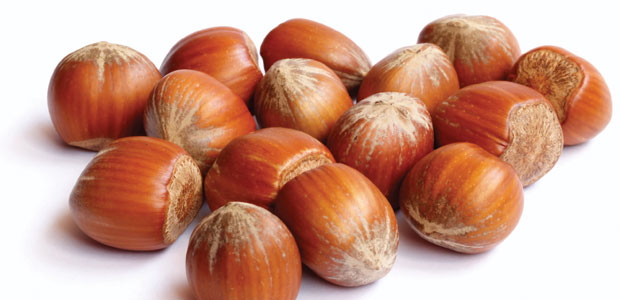Advertisement
A Cereal History
The story of grains

Most parents know that sugar, preservatives, and artificial colours and flavours are more prevalent in the cereal aisle than almost any other section of their neighbourhood grocery store. It wasn’t always that way.
The origin of the breakfast cereal is deeply rooted in what was the first modern health food craze. Cereals were originally developed to meet the dietary needs of 19th-century Quakers and Seventh Day Adventists. Many Quakers and most Adventists of the time felt that meat stimulated strong emotions and was basically unhealthy, both physically and spiritually. Therefore, cereals derived from wholesome grains were thought to be an ideal alternative.
Corn flakes, granola, and rolled oats were all innovations of spiritually minded individuals, many of whom were noted scientists of their day. Muesli, a mixture of softened, uncooked rolled oats combined with fruit, nuts, and seeds, was a European invention credited to the Swiss doctor Maximilian Bircher-Benner. Cereals evolved into their present form after the Second World War, with increased focus on marketing to children and with the addition of greater amounts of sugar and artificial flavours and colours.
What Goes Around Comes Around
In recent years we’ve become more health savvy. We’re more aware of the benefits of whole grains and the health risks associated with sugar and food additives. Mainstream manufacturers realize this and have consequently changed their marketing strategies. What they haven’t done, in many cases, is actually change their product.
Luckily there are alternatives and the best place to find them is at your natural foods store. Natural foods manufacturers have some unique products, but you’ll be happy to learn that they’ve also taken the time to develop healthier versions of our old favourites. One last word–buy organic!
Snack-Smart Cereals
There are many kinds of healthy cereals, some of which are gluten-free. Common cereal crops include
- wheat
- barley
- oats
- rye
- triticale
- maize & non-GMO corn*
- rice*
- sorghums
- millet *
- buckwheat*
- amaranth*
- quinoa*
- teff*
*Suitable for gluten-free diets
Traditional Muesli
1 Tbsp (15 mL) rolled oats
1 Tbsp (15 mL) lemon juice
1 Tbsp (15 mL) cream
1 medium apple
5 to 8 chopped hazelnuts or almonds
Soak oats in just enough water to soften them (2 to 3 Tbsp/30 to 45 mL) for about 10 minutes. Add lemon juice and cream. Grate apple over mixture immediately before serving. Top with nuts.
Serves 1.
Muesli is a creative food, so you can substitute orange juice for the cream and lemon juice. The apple can be replaced by cranberries or blueberries. Experiment with different types of grains, and break out of the box–the cereal box, that is.




